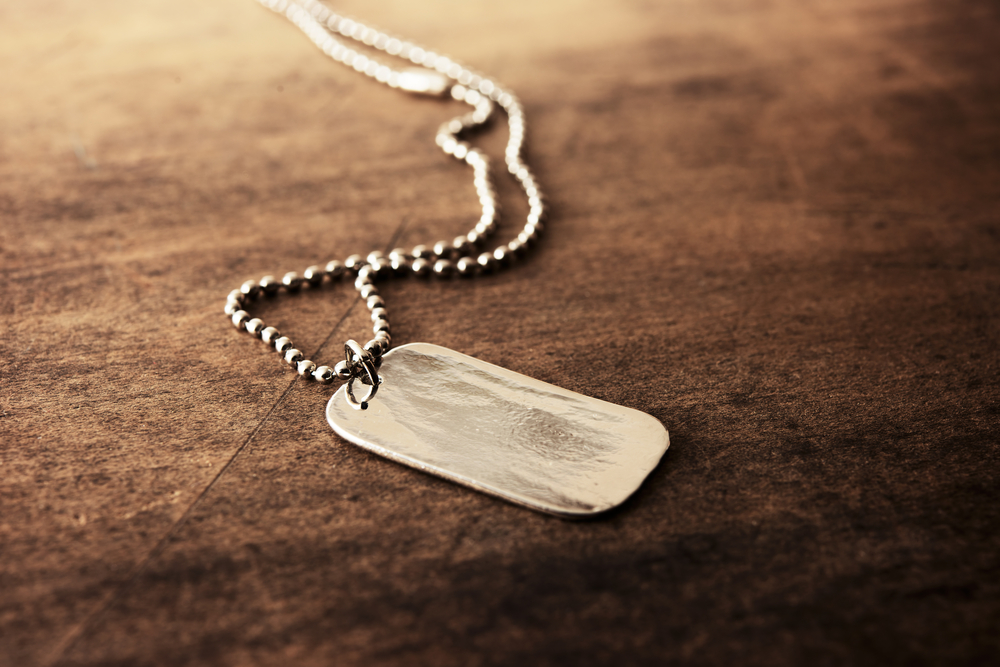“Healing generational trauma takes courage and strength. It’s common for dysfunctional families to deny their abuse. They silence victims and dump toxic shame onto them. Complicit families keep abuse alive from generation to generation, until one brave survivor boldly ends the cycle of abuse.” ― Dana Arcuri
My father was born in the back of a taxi cab on Bourbon Street in New Orleans. Realizing she was going into labor, my grandmother went looking for my grandfather in what was then known as the Red Light District— a street lined with bars and the most likely place he would be found. For the remainder of my father’s life, his dad was often either absent, or drunk and angry when present. He was verbally and physically abusive, and my father found himself in the hospital on more than one occasion. Consequently, in an effort to escape, he lied about his age, joined the Marines, and found himself on a flight to Vietnam shortly thereafter.

The first time I recall seeing my grandfather was at his funeral. He had died while having breakfast and was found with his half-drank beer and singed fingers where his cigarette had completely burned to ash. Though never formally diagnosed or self-acknowledged, my grandfather was an alcoholic. And knowing what we know now, it is also likely that he had PTSD from his time spent in WWII. It is easy to make the connection and understand how his experience at Omaha Beach on D-Day had a profound effect on him that resulted in self-medicating with alcohol. PTSD, however, was not acknowledged with that generation of men who returned home from war physically intact but mentally broken. It did not, in fact, become a mental health diagnosis until 1980.
Luckily, my father is not an alcoholic, and he was determined to not repeat his father’s mistakes. However, his need to escape his father’s addiction and a lack of options for an uneducated 16-year-old boy did directly lead to his own struggle with PTSD. And because that went undiagnosed until many years after his daughter was born, I went without a father through the early developmental years when I needed him most.
Generational trauma has garnered a great deal of attention lately, and it is not difficult to make connections to the ways in which the adversity of those before us affects us still today.
I cannot help but to wonder how different my father’s life would have been had his father acknowledged that his drinking was an issue. Or how different my life would look had he been screened for PTSD immediately upon his return from the Vietnam War.
In reality, had my grandfather received the help he so desperately needed, my dad’s life would have been so profoundly different that I would not be here today. In a sense, it is bittersweet because, with the help of therapy, my father and I now have a wonderful, loving relationship and our collective therapeutic journey has no doubt played a huge role in my decision to become a therapist myself. It is a testament to how powerful love, forgiveness, and acknowledging when we need help can be.
There is no clearly defined line between the high end of normal and problem substance use. And it is certainly easy to believe that our “mess” is solely our own. But there is no doubt that our actions affect those around us and will inevitably affect those that will come after us… even those we have not yet met. There is strength in asking for help and there is power in the journey towards health and forgiveness. If you are questioning whether or not your numbing habits are a problem, reach out to a helping professional. At best, you may be the first to break a long pattern of generational trauma.
“This toxic pattern within the broken family system will continue from one generation to the next, until one brave survivor finally ends the cycle of abuse. The dysfunction, bullying, and abuse didn’t start with you, but it most certainly can end with you.” ― Dana Arcuri
Melanie Marky, LCMHCA
